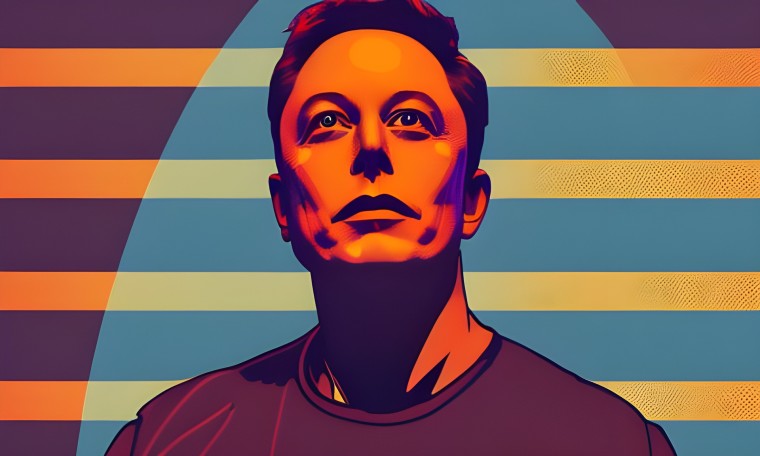
Attorneys representing Elon Musk have filed a new motion in a California US District Court asking for a preliminary injunction to prevent OpenAI from transitioning to a for-profit organization. The filing also accuses OpenAI of indulging in anti-competitive behavior and "acting in concert with Microsoft" to stop investors from backing rivals such as xAI.
Musk "verified that at least one major investor in OpenAI’s October 2024 funding round has subsequently declined to invest in xAI," as per the filing (PDF). "An injunction to preserve what is left of OpenAI’s nonprofit character, free from self-dealing, is the only appropriate remedy," the filing wrote.
OpenAI was started in 2015 as a non-profit, with Musk being one of the initial funders onboard. Following Musk's departure in 2018, Open AI transitioned to a capped-profit entity in 2019 and got Microsoft as one of its big backers.
"Elon’s fourth attempt, which again recycles the same baseless complaints, continues to be utterly without merit," an OpenAI spokesperson told TechCrunch in a statement.
The filing is the latest addition to Musk's long-standing legal tussle against the organization he co-founded and funded. OpenAI previously said that Musk, at one point, wanted "absolute control" or a merger with Tesla and supported for-profit plans.
Elon Musk later formed another company called xAI. Its generative AI model Grok powers various features of Musk's social network X and offers API access to integrate with third-party apps and services.
While OpenAI is being accused of creating hurdles for xAI's funding, according to TechCrunch, the latter reportedly raised $5 billion in a round this month, which brought its bank balance to around $11 billion.
The filing also alleges that OpenAI leverages "wrongfully obtained competitively sensitive information" through Microsoft connections. LinkedIn co-founder Reid Hoffman simultaneously served on the board of Microsoft and OpenAI until March 2023, when he stepped down from OpenAI's board, violating the Clayton Act.
Microsoft VP Dee Templeton was appointed as a non-voting member of OpenAI's board for a short period. Musk's counsel argues that a non-voting director has access to the same “commercially sensitive information” as a voting director, adding that both can report back and forth, creating “the opportunity for the coordination of business decisions by competitors.”
"Indeed, the very reason Microsoft obtained its board seat was to coordinate business decisions with OpenAI," the filing claims. Furthermore, it accuses OpenAI CEO Sam Altman of "rampant self-dealing" by engaging in activities such as "forming and operating the For-Profit Entities, in which he has material financial interests, each of which has a contractual relationship to OpenAI, Inc." and "currently attempting to convert OpenAI to a for-profit structure."
OpenAI "will likely lack sufficient funds to pay damages" if Musk wins the case, the counsel claims, which could be a consequence of Altman's alleged self-dealing. If the injunction doesn't come to fruition, it may result in "irreparable harm" to the plaintiffs, consumers, investors, and the generative AI market.

















21 Comments - Add comment